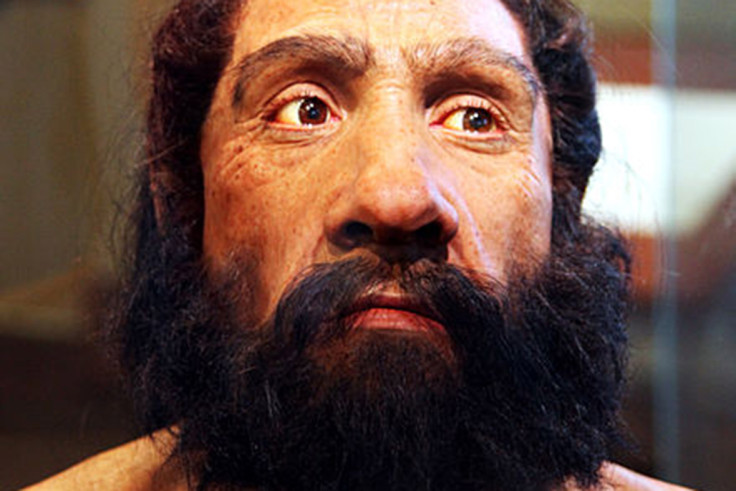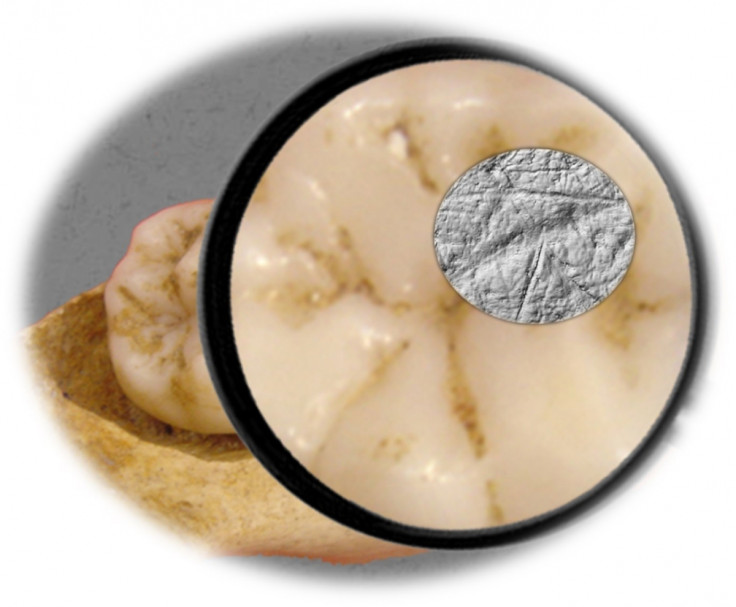Modern humans' diet gave them an advantage over Neanderthals to survive Ice Age

To survive in harsh climatic conditions Neanderthals and Homo sapiens may have adopted different dietary strategies, scientists claim. This could have led to modern humans gaining a significant advantage over Neanderthals to survive.
The research, published in the journal PLOS ONE, investigates how diet varied between Neanderthal and Homo sapiens as they attempted to react to severe temperature fluctuations. It also examines whether dietary habits could have been a factor in the disappearance of the Neanderthal lineage some 40,000 years ago, soon after modern humans entered western Eurasia.
Comparing molar damage
The study's authors, from the University of Tübingen (Germany), compared fossilised molars of 52 Neanderthals from different periods, and from Upper Paleolithic Homo sapiens, to understand how their diets differed. They examined the type and degree of microwear – the microscopic damage that forms on a tooth's surface as a result of its use. They analysed what they found based on climatic conditions the molars' owners would have experienced.

The scientists discovered that Neanderthals' diet varied in response to their environment, unlike modern humans. "Whereas the Neanderthals altered their diets in response to changing paleo-ecological conditions, the diets of Upper Paleolithic humans seem to have been less affected by slight changes in vegetation/climatic conditions but were linked to changes in their technological complexes," they explain.
Neanderthal men adapted their diet according to the resources that were easily accessible, depending on the climate and the landscape they were in. For example, the researchers say they might have eaten more meat in cold, steppe-like environment, while resorting to seeds and plants when their habitat became more wooded.
On the other hand, Homo sapiens would not have changed their diet to the same extent, eating a lot of plants even in colder climatic conditions. "To be able to do this, they may have developed tools to extract dietary resources from their environment", lead author Sireen El Zaatari explains.
Distinctive advantage
The fact modern humans mastered more tools than their Neanderthal counterparts is not without significance. Scientists believed it would have given them a distinctive advantage to adapt to deteriorating climatic conditions that led to the "Last Glacial Maximum" - the maximum level of glaciation during the last Ice Age. Because they invested more effort in accessing food resources and changed their dietary strategies over a much shorter period of time, they survived after Neanderthals became extinct.
The study does not state whether these different dietary strategies led to an increased competition for food between both groups, because the molar specimens analysed do not date from the same period. Yet, scientists believe that if these diets had been prevalent when Neanderthal and homo Sapiens met, they could have contributed to the extinction of the former, to the advantage of the latter.
© Copyright IBTimes 2025. All rights reserved.






















